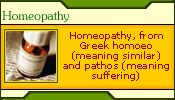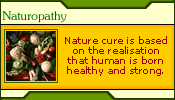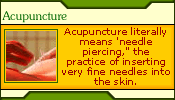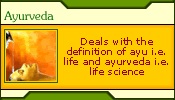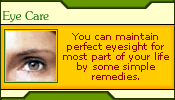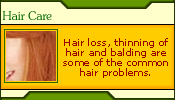|
The practice of medicine is as old as human existence itself. From
the extensive studies on earliest civilization and the prevailing
religions, it is quite evident that the philosophy of medicine originated
not as a science but as some belief, magic, superstition and spirits.
However, it was Hippocrates who freed medicine from the imagination
of magic, spirits and superstition.The foundation of fundamentals
was, thus, laid down by the father of Unani Medicine, as Hippocrates
was known, and a number of other Greek philosophers, physicians
and scholars who not only enriched the system but also gave it the
status of a science.
Every system of medicine is based on a definite anatomical and
physiological concept of a human being. The science of Unani medicine
considers the human body a natural living compound and all its activities
like construction, destruction and their management performed according
to natural laws. The power that administers all these activities
is known as tabiat (physic). This power is given to every individual
by nature. If this power is strong, the body will function smoothly,
if it weakens, one falls ill. What it needs for its sustenance are
a natural atmosphere and resources to survive. Anything unnatural,
either from the atmosphere or resources can weaken this power. For
e.g., a polluted atmosphere or impurities in food and water affect
its strength, which in turn leads to disease.
In case of disease, the Unani physician attempts to activate this
power, as it is the natural healer of the body. He either suggests
ways of purifying the atmosphere and the natural resources or prescribes
a remedy. The remedy, however, always attempts to be as close to
nature as possible.
According to the Unani system, the human body is composed of 7
constituents or 'Principles of Physics' called 'Umoor e Tabaiyah'.The
concept of 'Umoor e Tabaiyah' deals with the state of the human
body. This, having a close relation to and direct bearing on the
state of health. It is highly essential to consider all these factors
so as to reach to the correct Diagnosis, which helps in deciding
the correct line of treatment.
- ARKAN (Elements)
- MIZAJ (Temperament)
- AKHLAAT (Humours)
- AAZA (Organs)
- ARWAH (Vital forces)
- QUWA (Faculties)
- AFAAL (Functions)
|


